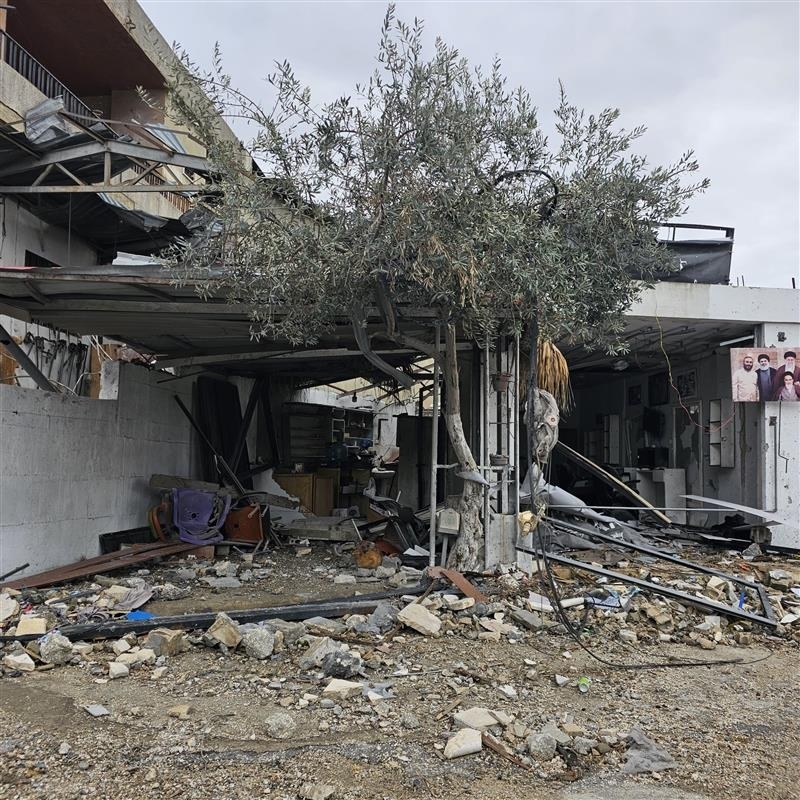The Lebanese government is under growing threat internationally despite having already approved of a plan to disarm Hezbollah, with US officials warning they face another invasion by Israel if Israel decides it’s taking too long.
The Lebanese cabinet ordered the Army to draw up a plan for such disarmament, and the threats of another invasion came hours before the cabinet was to vote on the Army’s plan. The cabinet backed the plan on Friday, though once again all Shi’ite cabinet members walked out in protest.
Complicating this matter is that Israel is already actively attacking Lebanon, and has been carrying out near daily strikes for months now, and Israeli ground troops remain in southern Lebanon despite a 2024 ceasefire mandating their removal. It is unclear, then, whether a new Israeli war on Lebanon would differ much from the status quo.

Damage in southern and eastern Lebanon current ceasefire. ©MSF
Hezbollah is opposed to the disarmament plan as presently constructed, insisting that the plan should be frozen until Israel stops attacking. They maintain that they don’t intend to give up the right to defense given Israel’s recent invasions and ongoing military actions.
Lebanese President Joseph Aoun met with the US CENTCOM Chief Admiral Bradley Cooper Sunday, cautioning that the presence of Israeli troops inside Lebanon is preventing Lebanon’s Army from completing its takeover of the south, which is itself part of the plan to shutter Hezbollah sites and ultimately disarm the group.
The US has been pushing an idea to see the southernmost part of Lebanon turned into a “Trump zone,” which would mean the total destruction of a number of Lebanese villages and the forcible removal of civilians from their homes. Under that plan, Israeli ground troops would be permitted to build multiple new outposts within the Trump zone, with an eye toward giving the Lebanese government some state-run industry within the zone, subsidized by Gulf states.
The creation of the Trump zone has been presented as being contingent on a total monopoly of arms in the hands of the Lebanese state, putting aside the Israeli and American occupation forces envisioned within the zone itself. Assuming such a plan was desirable for Lebanon, the expectation is that they totally preclude private militias from retaining any right to self-defense within the country, and get no real assurance Israel wouldn’t continue to attack and/or invade the country every once in awhile, as they’ve historically tended to.
This lack of assurance is a big part of why Hezbollah continues to oppose the disarmament idea, and trying to incentivize the forced disarmament through threats of invasion that will exist either way seems to hope to force the Lebanese Army into action, even if their actual ability to disarm Hezbollah against the group’s will is very much in doubt.


